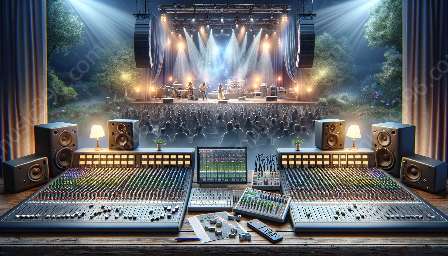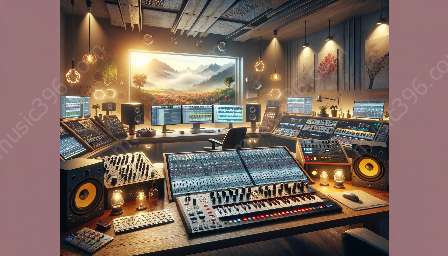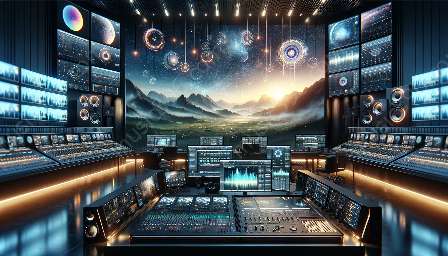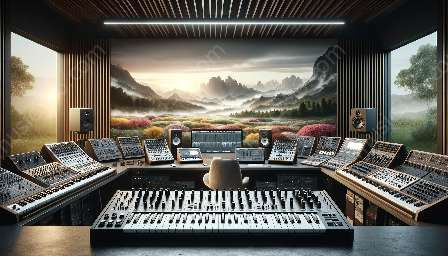Technology has played a significant role in shaping the music industry and influencing various music genres. From the invention of the phonograph to digital streaming services, technological advancements have continually impacted the way music is created, produced, distributed, and consumed.
The Evolution of Music Technology
Throughout history, music technology has evolved tremendously. The invention of the phonograph in the late 19th century marked the beginning of recorded music, allowing artists to share their music with a broader audience beyond live performances. This was followed by the development of radio broadcasting, which further extended the reach of music. With the introduction of analog recording techniques, musicians gained greater control over the production and editing of their music.
With the advent of digital technology, music production underwent a paradigm shift. Digital audio workstations (DAWs) and MIDI (Musical Instrument Digital Interface) revolutionized the way music was composed, recorded, and edited. Artists could now manipulate sounds and create entirely new musical experiences. The proliferation of electronic instruments and synthesizers also led to the emergence of electronic music genres, such as techno, house, and EDM.
Impact on Music Genres
Technology has had a profound impact on the evolution of music genres. The influence of electronic instruments and digital production tools gave rise to new genres that were previously unimaginable. Genres such as hip-hop, electronic, and experimental music have thrived due to technological advancements, providing artists with new creative possibilities and pushing the boundaries of sound.
Furthermore, the accessibility of music creation tools has democratized music production, allowing aspiring artists to produce high-quality music from the comfort of their homes. This has led to a diversification of music genres and a proliferation of independent artists who can reach global audiences through online platforms and social media.
The Influence of CDs and Audio Quality
Compact Discs (CDs) revolutionized music distribution and introduced a new standard of audio quality. The transition from analog to digital music storage significantly impacted the music industry, leading to a shift in consumer behavior and the way music was marketed. The rise of CDs also influenced the mastering and mixing process, as artists and engineers aimed to optimize their music for the new format.
As technology progressed, audio quality became a focal point for music consumers and producers. The emergence of high-resolution audio formats and streaming services offering lossless audio has rekindled the appreciation for high-fidelity sound. This has led to a resurgence of interest in analog formats, such as vinyl records, as well as a renewed emphasis on audiophile-grade equipment and sound reproduction systems.
The Future of Music Technology
The rapid pace of technological innovation continues to shape the future of music. Artificial intelligence (AI) and machine learning are transforming music creation and curation, enabling new forms of expression and personalized music recommendations. Virtual reality (VR) and augmented reality (AR) are also creating immersive experiences for music enthusiasts, blurring the lines between live performances and digital entertainment.
As we navigate the intersection of technology and music, it is essential to consider the ethical implications and ensure that advancements in music technology are leveraged to empower artists, enhance the listener experience, and preserve the cultural richness of diverse music genres.






























